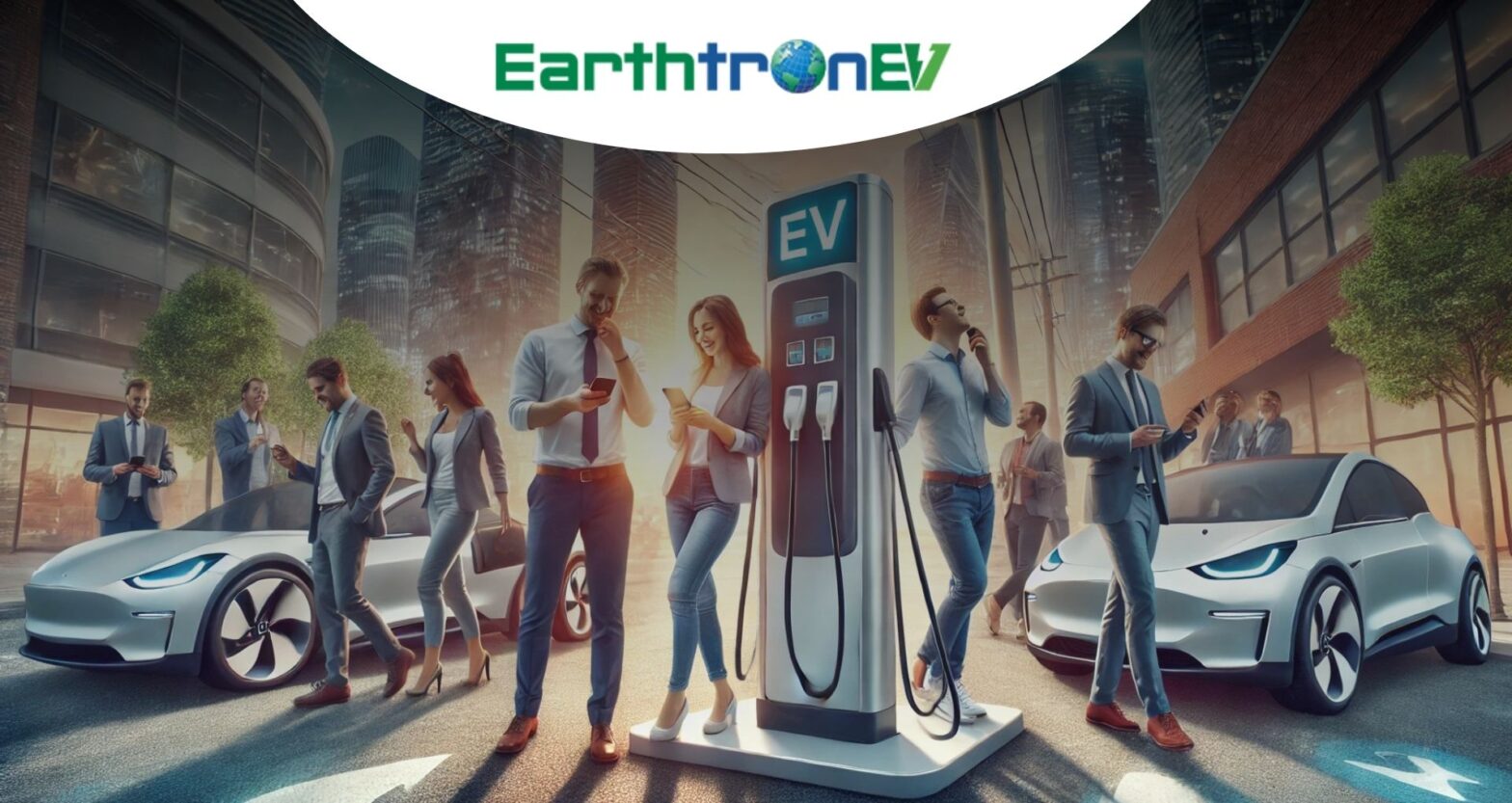Welcome to the electrifying world of electric cars! With their sleek designs, whisper-quiet engines, and eco-friendly credentials, it’s no wonder that these vehicles are taking the automotive industry by storm. But amidst all the excitement, one burning question remains: what is the battery life of an electric car? Today, we’re going to dive into this topic head-on and explore everything you need to know about maximizing your EV’s battery lifespan. So buckle up and get ready for a jolt of knowledge that will power up your understanding of this electrifying subject!
What you can do to extend the life of your electric car’s battery
When it comes to extending the life of your electric car’s battery, there are a few key steps you can take.
- First and foremost, it’s important to keep your battery cool. Excessive heat can degrade the performance and longevity of your battery, so parking in shaded areas or using sunshades can make a real difference.
- Another tip is to avoid letting your battery fully discharge on a regular basis. Ideally, try to maintain a charge level between 20% and 80%. This not only helps preserve the overall health of the battery but also ensures that you have enough juice for those unexpected detours or traffic jams.
Best Practices for Charging EV Batteries
Charging an electric vehicle (EV) may seem straightforward, but there are a few best practices you should keep in mind to ensure optimal battery performance and longevity.
It’s important not to charge your EV every night. Contrary to popular belief, frequent charging can actually reduce the overall lifespan of your battery. Instead, aim for a balance between regular charging and moderate usage.
Another key practice is to avoid charging your EV battery to its maximum capacity or letting it drain completely. Experts recommend keeping the charge level between 20% and 80% for improved battery health. This range helps minimize stress on the battery cells and prolong their lifespan.
EVs shouldn’t be charged every night
EVs shouldn’t be charged every night. While it may seem convenient to plug in your electric car every evening, constantly charging the battery overnight can actually have a negative impact on its overall lifespan.
- One reason for this is that lithium-ion batteries, which are commonly used in electric vehicles, have a limited number of charge cycles before they start to degrade. By constantly topping up the battery, you’re putting unnecessary stress on it and reducing its longevity.
- Another factor to consider is that keeping the battery at 100% charge for extended periods can also cause degradation. It’s best to keep your EV’s battery level between 20% and 80%, as this range helps maintain optimal performance and extends the overall life of the battery.
Charge between 20 and 80 percent
One important best practice for charging electric vehicle (EV) batteries is to charge between 20 and 80 percent. This range helps optimize the battery life and overall performance of your EV.
Charging your battery to a full 100 percent or letting it drain completely can have negative effects on its longevity. When you charge to full capacity, the battery cells are under more stress, which can degrade their performance over time. On the other hand, draining the battery completely can cause irreversible damage and reduce its overall lifespan.
By keeping your EV’s battery level between 20 and 80 percent, you’re ensuring that it operates within an optimal range. This allows for better efficiency during charging cycles while minimizing stress on the battery cells.
Maintain optimal battery charge during long storage
Maintaining optimal battery charge during long storage is crucial for preserving the life of your electric car’s battery. Whether you’re going on a vacation or simply won’t be using your EV for an extended period, taking the right steps can prevent unnecessary degradation.
It’s important to store your electric car in a cool and dry environment. Extreme temperatures can have a negative impact on battery health, so avoiding hot garages or freezing conditions is essential.
Make sure to charge the battery to around 50-60% before storing it. This level provides enough energy to keep the cells active without putting excessive strain on them. Leaving the battery fully charged or completely discharged for long periods can lead to a capacity loss over time.
What is the cost of an electric car battery?
What is the cost of an electric car battery? This is a question that often comes to mind when considering purchasing an electric vehicle (EV). The cost of an EV battery can vary depending on several factors such as the make and model of the vehicle, the size and capacity of the battery, and any additional features it may have.
On average, the cost of replacing an electric car battery ranges from $5,000 to $15,000. However, it’s important to note that prices are constantly evolving as technology improves and economies of scale come into play. As more automakers invest in EV production and demand increases, we can expect prices to become more affordable in the future.
It’s worth mentioning that some manufacturers offer warranties for their batteries which cover a certain number of years or miles. This adds peace of mind for consumers concerned about potential replacement costs down the line.
Can electric car batteries be recycled?
Can electric car batteries be recycled? Absolutely! Recycling is an important aspect of sustainable living, and the same goes for electric vehicle (EV) batteries. These high-capacity lithium-ion batteries are designed to last for many years, but eventually, they will reach the end of their useful life.
When an EV battery can no longer hold a sufficient charge, it can still be valuable as a source of raw materials. The recycling process involves extracting valuable metals like lithium, cobalt, nickel, and copper from the battery cells. These metals can then be used in the production of new batteries or other products.
How do old electric car batteries get disposed of?
When it comes to the disposal of old electric car batteries, proper handling is crucial. These batteries contain hazardous materials that can harm the environment if not disposed of correctly.
- One common method for disposing of these batteries is recycling. Recycling allows for valuable components and materials to be extracted and reused in new battery production or other industries. This process helps reduce waste and conserve resources.
- To recycle electric car batteries, they are first dismantled, and then various parts such as metals, plastics, and electrolytes are separated. The recovered materials can then be used in the manufacturing of new batteries or other products.
Batteries for electric cars can be recycled
Batteries for electric cars can be recycled, making them a more sustainable option for transportation. When an electric car battery reaches the end of its life, it can be taken to a recycling facility where valuable materials such as lithium and cobalt can be extracted and reused. This not only reduces waste but also helps to conserve natural resources.
The process of recycling electric car batteries involves dismantling the battery pack and separating its components. The valuable metals are then recovered through various methods such as smelting or hydrometallurgy. These recovered materials can then be used in the production of new batteries or other products, reducing the need for mining raw materials.
Conclusion:
When it comes to electric cars and their batteries, there’s no doubt that taking care of them is important. But what if you could choose a brand that not only provides reliable and efficient vehicles but also prioritizes sustainability?
This is where earthtronev comes in. We are committed to making a positive impact on the environment by offering eco-friendly electric cars with exceptional battery life. Our team is dedicated to developing cutting-edge technology that maximizes performance while minimizing the carbon footprint.
With earthtronev, you can rest assured knowing that your electric car battery will last for years to come. We provide valuable information and resources on how to extend the lifespan of your battery, ensuring optimal efficiency.







